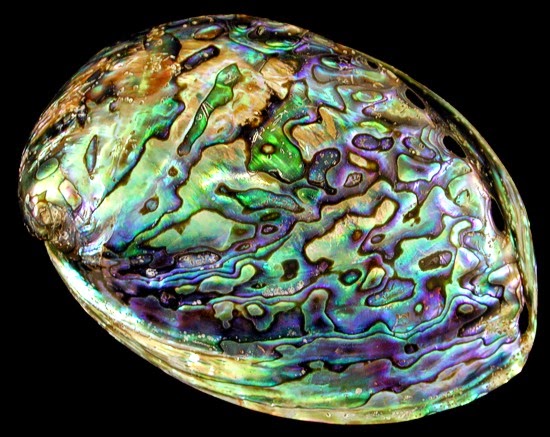Posters in Parliament
The
British Conference of Undergraduate
Research (BCUR) is an annual competition which invites undergraduate students
from all disciplines to submit their work in various forms, including poster
presentations. For the second year running BCUR invited over forty students to
present their research in the Houses of Parliament, and I was one of the lucky
students to get a call.
The
BCUR events are absolutely fantastic. I think it is really important to
showcase and champion undergraduate research; it demonstrates that a.)
undergraduates can produce quality, publishable research and b.) how important
research is as a learning experience. The undergraduates at the event were truly amazing, so passionate and
enthusiastic about their research – it was a pleasure to present alongside
them. Undergraduates are the scientists of tomorrow and events such as BCUR
really help to promote and ensure smooth running into research careers. The
topics presented were incredibly diverse, as was the audience. I think it is so
important to be able to communicate our science projects to everybody, from the
average member of the public, to senior professors, policy makers and grant
awarders. Events like BCUR really help to develop undergraduate communication
skills.
I
presented my undergraduate honours project as a poster, we had an hour long
poster session where the other students could learn about each other’s work,
there were a lot of discussions, and we were visited by a variety of mps during
the session. I then had five minutes to present my work to the judging panel;
hundreds and hundreds of hours research, and just five minutes to present –
this is where communication skills are essential. There is no point in doing
science and not telling anybody about it, I don’t want my work to be stuck in a
scientific vacuum.
My
undergraduate project focussed on plastic pollution, specifically small
plastics, called microplastics. We know that microplastics are globally
dispersed in the marine environment, we know microplastics accumulate harmful
pollutants, we also know that many marine organisms ingest microplastics. My
project asked the question: do the harmful compounds on the surface of the
microplastics go into the tissues of the animals which eat them? Or more
scientifically, are micoplastic co-contaminants bioavailable?
I was
very proud to be highly commended at the BCUR Posters in Parliament 2014. The
calibre and diversity of student work was mind-blowing! The passion in the room
was second to none. It was a real privilege to present amongst such a great
group of undergraduates. Thank you
BCUR!!
BCUR
press release: http://bcur.org/posters-in-parliament-2014/


Comments
Post a Comment